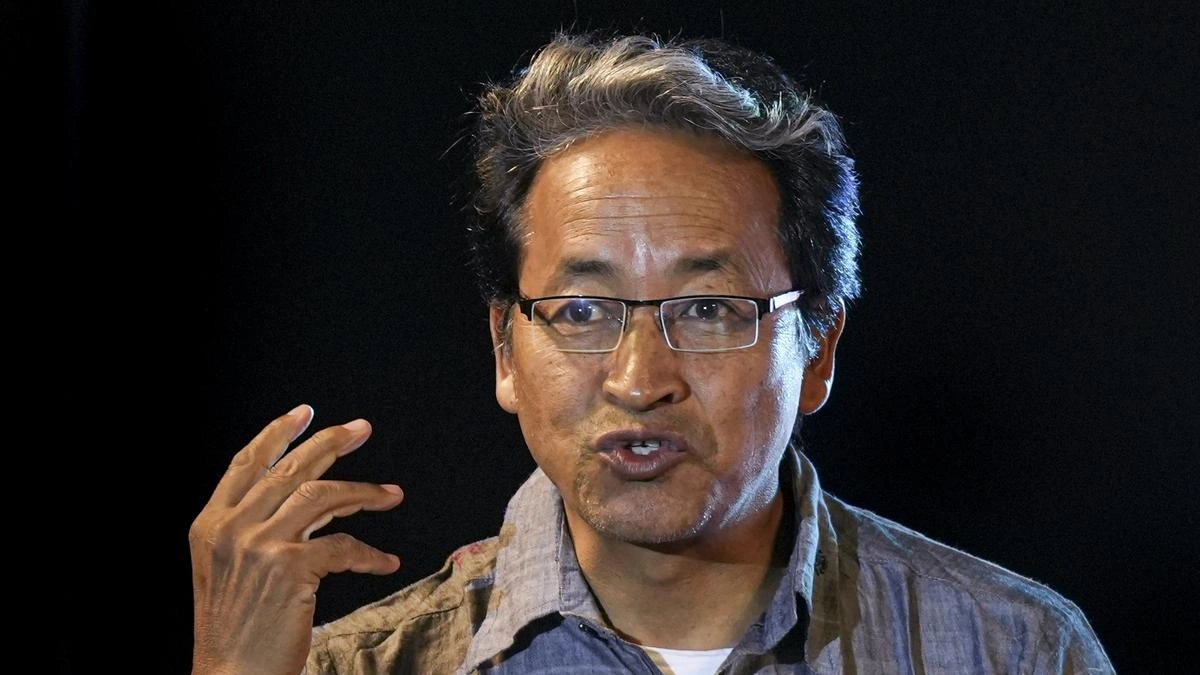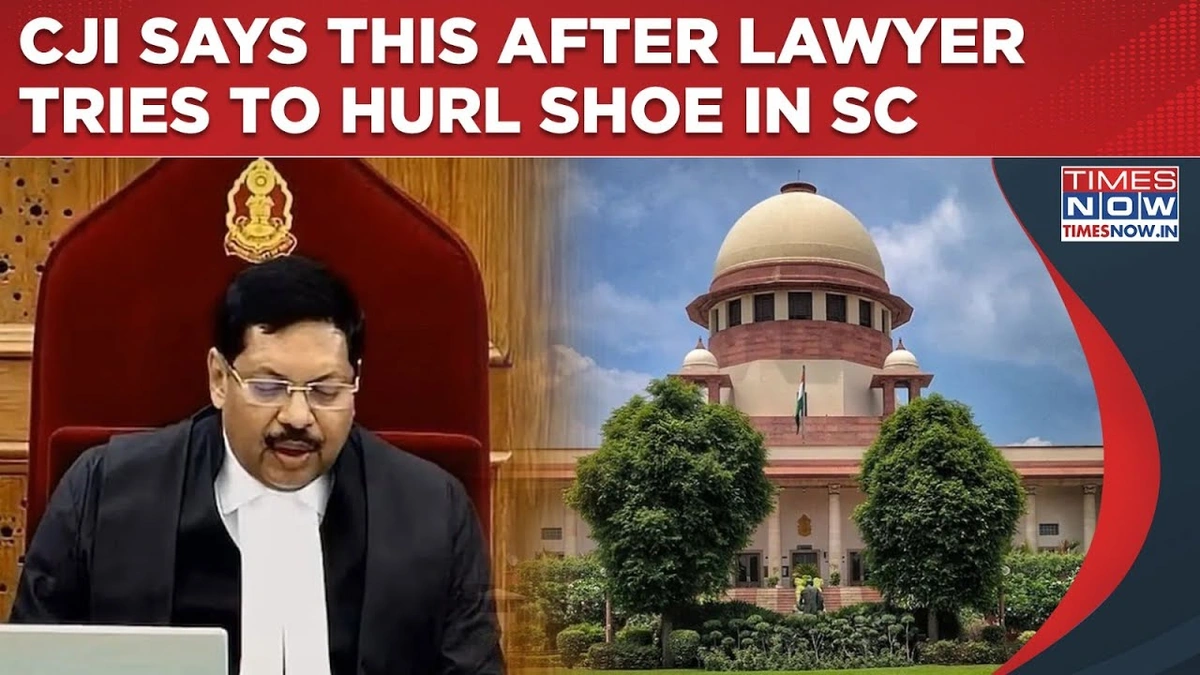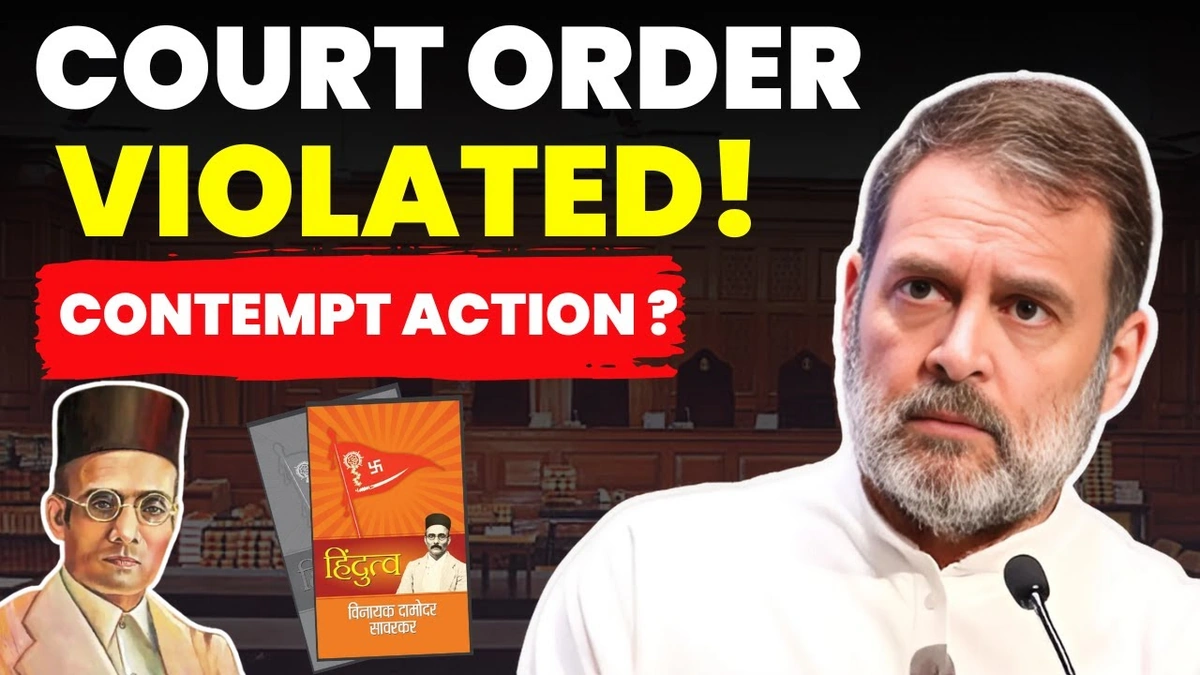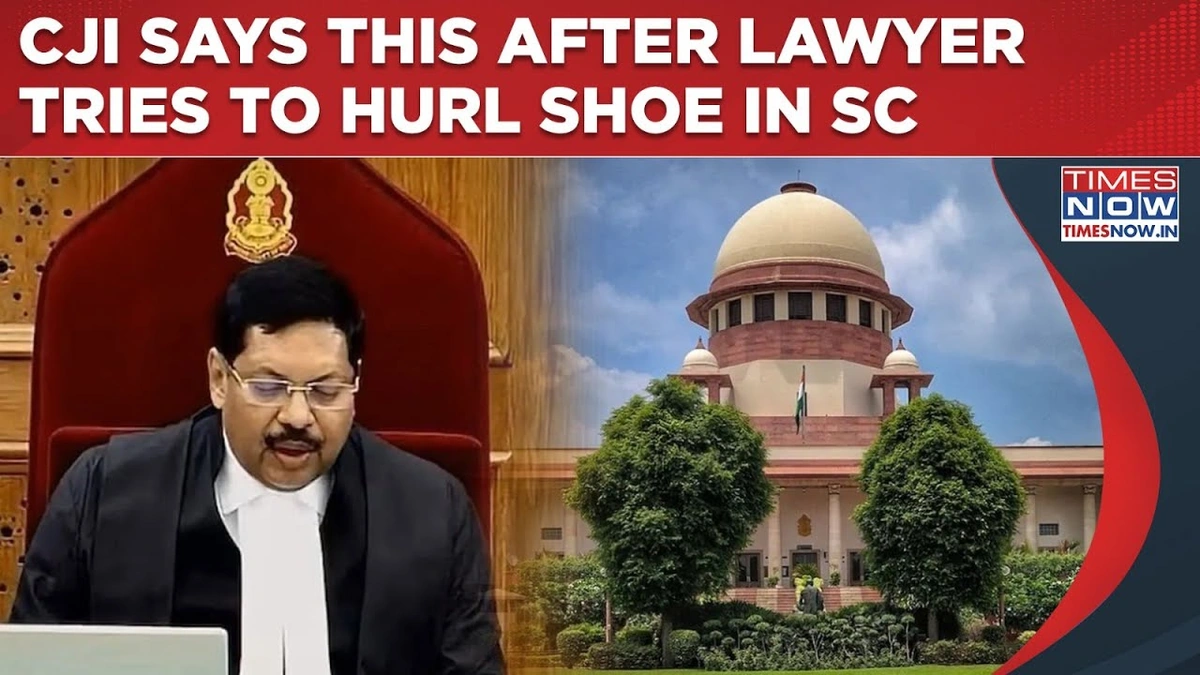Supreme Court Asks Centre About Sonam Wangchuk’s NSA Detention Plea
The Supreme Court has recently taken up the matter of Sonam Wangchuk , the renowned education reformist and innovator, and his potential detention under the National Security Act (NSA). But, here’s the thing: it’s not just about one person’s legal challenge; it’s about the broader implications for dissent, free speech, and the government’s powers. It’s about the anxieties of a region and the limits of authority. What fascinates me is the ‘why’ behind it all. Why is this happening? What are the underlying currents shaping this event?
Understanding the Core Issue | Why the NSA?
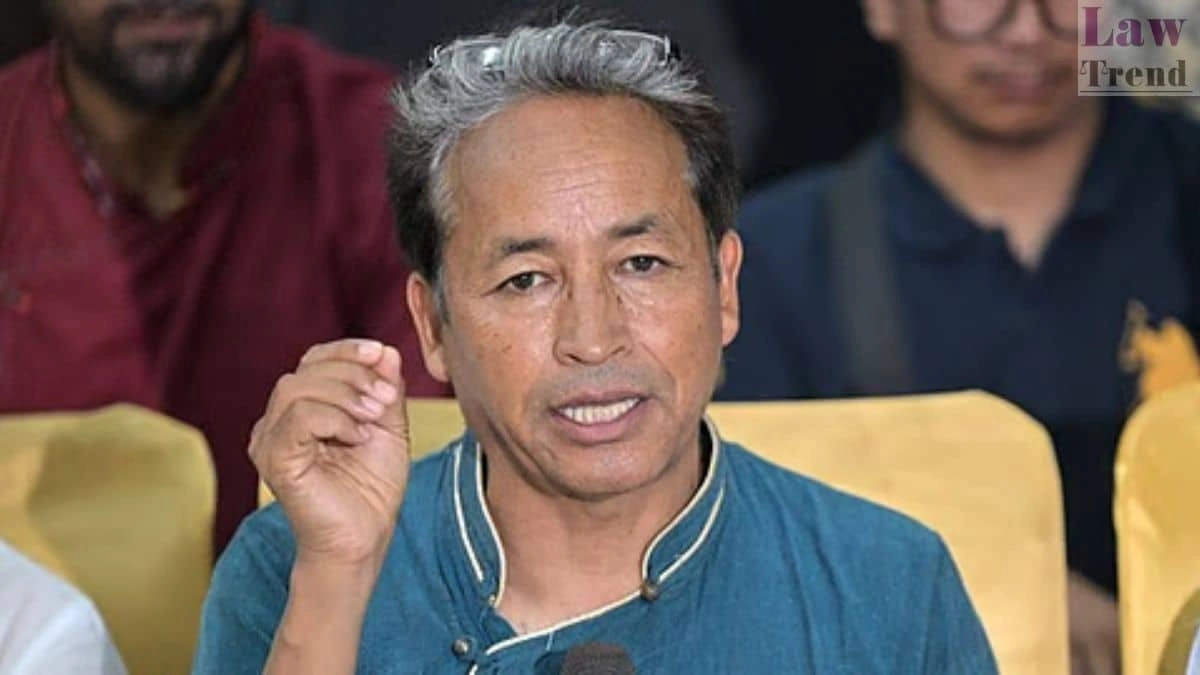
The heart of the matter lies in understanding why the NSA is even being considered in the first place. The National Security Act is a powerful law that allows preventive detention essentially, keeping someone in custody to prevent them from potentially disrupting public order or national security. Now, preventive detention , under any circumstances, is a serious thing. It bypasses the usual process of arrest after a crime has been committed and a trial held. It’s used when authorities believe someone might commit a crime, not that they already have. It is usually intended to be deployed in the rarest of circumstances, but it seems this tool is being used more often to deal with any perceived threat to public order.
So, why is Sonam Wangchuk , known for his educational reforms and environmental activism, seemingly on the radar for such a drastic measure? It likely stems from his vocal criticism of government policies, particularly concerning the Ladakh region. And, let’s be honest, in a democracy, criticism even sharp criticism is a cornerstone of healthy governance. I initially thought this was straightforward, but then I realised the implications of such actions. The government’s perspective is that Wangchuk’s statements could incite unrest or threaten the stability of the region, but it begs the question whether the application of the NSA in this context is proportionate and justified. This ties into the concept of freedom of speech , especially when dealing with matters of public concern.
The Supreme Court’s Role | Guardian of Rights
The Supreme Court’s intervention here is critical. It acts as a check on executive power, ensuring that the government doesn’t overreach in its application of laws like the NSA. The court’s role isn’t to decide whether Wangchuk is right or wrong in his views, but rather to determine whether the government’s actions are lawful and constitutional. As per the guidelines mentioned in the information bulletin, the court will examine if due process was followed in considering the NSA detention. Was there a real threat to national security, or was this an attempt to stifle dissent? These are the questions the court will grapple with. Let me rephrase that for clarity; the Supreme Court’s scrutiny ensures accountability and prevents potential abuses of power.
Implications for Ladakh and Beyond
This case goes far beyond one individual. It touches on the delicate situation in Ladakh, a region that has seen significant geopolitical changes in recent years. Wangchuk has been a vocal advocate for protecting Ladakh’s fragile ecosystem and preserving its unique cultural identity. His activism has resonated with many in the region, giving him a platform to voice their concerns. A common mistake I see people make is thinking this is only about one activist. It’s about the people, culture, and environment of Ladakh.
The government needs to balance the need for security with the rights of citizens to express their opinions, especially in a sensitive region like Ladakh. The outcome of this case could set a precedent for how dissent is handled in other parts of the country. This also opens the floor for people to talk about the rising political activism within the region. So, the stakes are high, and the implications are far-reaching.
What’s Next? Waiting for the Court’s Decision
The Supreme Court has asked the central government to respond to Wangchuk’s plea. We are now in a wait-and-see situation. The court will likely examine the evidence presented by both sides, scrutinize the legal basis for the potential detention, and weigh the fundamental rights at stake. While sources suggest a specific timeline, the official confirmation is still pending. It’s best to keep checking official sources for updates. But, in the meantime, the case serves as a reminder of the importance of vigilance in safeguarding civil liberties and holding those in power accountable. This is where judicial review comes into play.
And so, we are left with more questions than answers. Will the Supreme Court uphold the government’s actions? Or will it send a strong message in favor of protecting dissent? The answer could reshape the landscape of civil liberties in India for years to come. The Supreme Court’s intervention will further define national security concerns and the limitations that are set with it. Don’t forget to check Arun Gawli to stay updated on current affairs and news.
FAQ
Why is Sonam Wangchuk in the news?
Sonam Wangchuk is in the news because the Supreme Court is hearing his plea regarding potential detention under the National Security Act (NSA) due to his criticism of government policies, particularly related to Ladakh.
What is the National Security Act (NSA)?
The NSA is a law that allows preventive detention detaining individuals to prevent potential threats to national security or public order, bypassing the usual arrest and trial process.
What if the Supreme Court rules in favor of Sonam Wangchuk?
If the Supreme Court rules in favor of Sonam Wangchuk, it would reaffirm the importance of protecting dissent and civil liberties, setting a precedent against the misuse of laws like the NSA.
What happens if the Supreme Court upholds the potential detention?
If the Supreme Court upholds the potential detention, it could have a chilling effect on freedom of speech and activism, particularly in sensitive regions like Ladakh, and could be seen as a setback for civil liberties.
Where can I find reliable updates on the case?
Reliable updates can be found on official court websites, reputable news sources, and legal news platforms. Avoid sensationalized or unverified information from social media.
What is Wangchuk known for?
Wangchuk is known for his innovative educational reforms, environmental activism, and advocacy for the people and culture of Ladakh.
